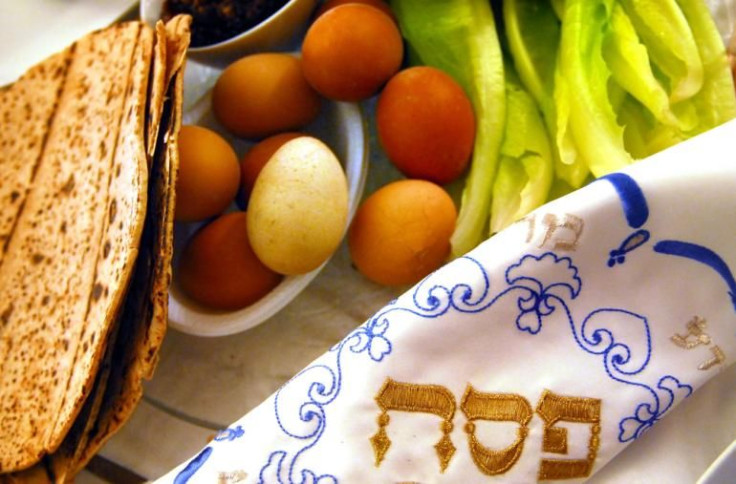
Passover is one of the most commonly observed Jewish holidays, even by non-observant Jews. It begins on the 15th day of the Jewish month of Nissan and it lasts for seven days in Israel and eight days outside of Israel. This year it begins on Monday, April 10 until Tuesday, April 18. Passover, or Pesach, is the commemoration of the Jewish Exodus from Egypt after generations of slavery. Although the history of this holiday is extensive, we’ve gathered 10 important facts to sum up the most relevant details.
1. “Pesach” comes from the Hebrew root Pei-Samekh-Cheit, meaning to pass through, to pass over, to exempt or to spare. It refers to the time when -after many decades of slavery to the Egyptians, during which the Israelites were subjected to unbearable horrors- God saw the people’s distress and sent Moses to the Pharaoh with a message to liberate his people. Despite warnings, the Pharaoh refused to let them go. God then sent ten devastating plagues upon Egypt, destroying everything from livestock to crops. The 10th plague killed all the Egyptian firstborn, but God spared the children of Israel, “passing over” their homes.
2. After the last plague ended the lives of the Egyptian male firstborn, the Pharaoh chased his former slaves out of the land. They left in a hurry, and as they baked their provisions for the Exodus, they did not have time to let the bread rise. That’s why “chametz” (leavened bread) is not allowed during Passover. It’s also a symbolic way of removing the “puffiness” (arrogance, pride) from the soul.
3. Chametz also includes anything made from the five major grains (wheat, rye, barley, oats and spelt) that hasn’t been completely cooked within 18 minutes after coming into contact with water. Ashkenazic Jews also consider rice, peanuts and legumes as chametz.
4) On the night before Passover begins, the house is formally searched for chametz. This is called B’dikat Chametz, which means “Searching for Leavened Bread.” Ten pieces of chametz are dispersed throughout the house and then they're searched for ceremoniously.
5. Once the search is over, the following text is recited: "All leaven or anything leavened with is in my possession, which I have neither seen nor removed, and about which I am unaware, shall be considered naught and ownerless as the dust of the earth."
6. The grain product eaten during Passover instead of chametz is called matzah. Matzah is unleavened bread made from flour and water and cooked very quickly. This is traditionally viewed as the bread that the Jews made for their flight from Egypt.
7. The day before Passover is a fast day for firstborn males, commemorating that the firstborn Jewish males in Egypt were not killed during the final plague.
8) On the first night of Pesach (first two nights for the Jews outside Israel), a special family dinner is held. It is filled with rituals to remind the significance of the holiday. The meal is called a Seder. The word “Seder” comes from a Hebrew root word meaning “order,” because there’s a specific set of information that must be discussed in a specific order. The text of the Pesach Seder is written in a book called the haggadah. It tells the story of the Exodus from Egypt and explains some of the practices and symbols of the holiday.
9) Passover also represents the beginning of the harvest season in Israel, but little attention is paid to this aspect of the holiday.
10) Passover has ties with Christian history as Jesus' Last Supper was apparently a Passover Seder.
© 2025 Latin Times. All rights reserved. Do not reproduce without permission.




